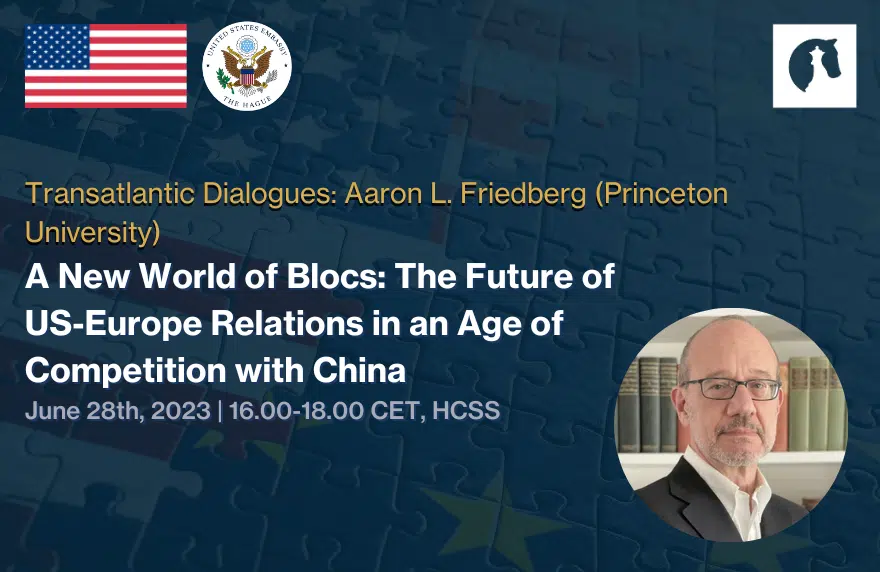For the better part of the past forty years the United States and the other advanced industrial democracies in Europe and Asia have pursued a strategy of engagement towards Russia and China. Western leaders expected that drawing these nations into a thickening web of diplomatic, economic, and societal ties would encourage them to moderate their external ambitions and ultimately to transform their domestic political systems. This strategy has now clearly failed: both Russia and China are today more repressive at home and more aggressive abroad than at any time since the end of the Cold War. As a result, instead of coming together into a single, unified system organised on liberal principles the world is once again splintering into blocs.
The division between the West with the United States, Europe, Japan, and others on one hand, and China, Russia and other autocratizing states, on the other, has been underway for some time. However, the Russian invasion of Ukraine has served as a harbinger and catalyst for this process. In this interview HCSS Strategic Analyst Paul van Hooft discusses with Princeton Professor of Politics and International Affairs Aaron L. Friedberg the shape of the “new world order” that is now emerging.
On June 28th Aaron L. Friedberg visited HCSS HCSS as part of the Transatlantic Dialogues event series. The Transatlantic Dialogues series looks at how the relationship between Europe and the United States can be adapted to the geopolitical realities on the 21st century.
Aaron L. Friedberg is Professor of Politics and International Affairs at Princeton University, where he has been a member of the faculty since 1987, and co-director of Princeton’s Center for International Security Studies. He is also a counsellor to the National Bureau of Asian Research. In January 2022 he was appointed to a two-year term on the Congressional US-China Economic and Security Review Commission. From 2003 to 2005 he served as a Deputy Assistant for National Security Affairs in the office of the Vice President and he was subsequently appointed to the Defense Policy Board. In 2000-2001 he was a member of a panel tasked by Congress with reviewing the CIA’s analysis of China. He has conducted studies for a number of government agencies, including the Office of Net Assessment in the Office of the Secretary of Defense and the National Security Council.
In 2001-2002 Friedberg was selected as the first occupant of the Henry A. Kissinger Chair at the Library of Congress. He has been a research fellow at the Australian Strategic Policy Institute, the Norwegian Nobel Institute, the Smithsonian Institution’s Woodrow Wilson International Center for Scholars in Washington, D.C., and Harvard University’s Center for International Affairs. He is a member of the Council on Foreign Relations and the International Institute for Strategic Studies in London.
Friedberg is the author of several books and monographs, including The Weary Titan: Britain and the Experience of Relative Decline, 1895-1905 (1988), In the Shadow of the Garrison State: America’s Anti-Statism and Its Cold War Grand Strategy (2000), A Contest for Supremacy: China, America, and the Struggle for Mastery in Asia (2011), Beyond Air-Sea Battle: The Debate Over U.S. Military Strategy in Asia (2014), The Authoritarian Challenge: China, Russia and the Threat to the International Order (2017). He is the author (with Charles Bustany) of Partial Disengagement: A New U.S. Strategy for Economic Competition With China (2019). His most recent book is Getting China Wrong (2022).
1/ For the next installment of the @hcssnl Transatlantic Dialogues (Wednesday 28 June 1600-1745), we are exited to welcome @AaronFriedberg to discuss the emergence of a world of blocs. You can sign up here:https://t.co/Th91qgFlay
— Paul van Hooft (@paulvanhooft) June 26, 2023





